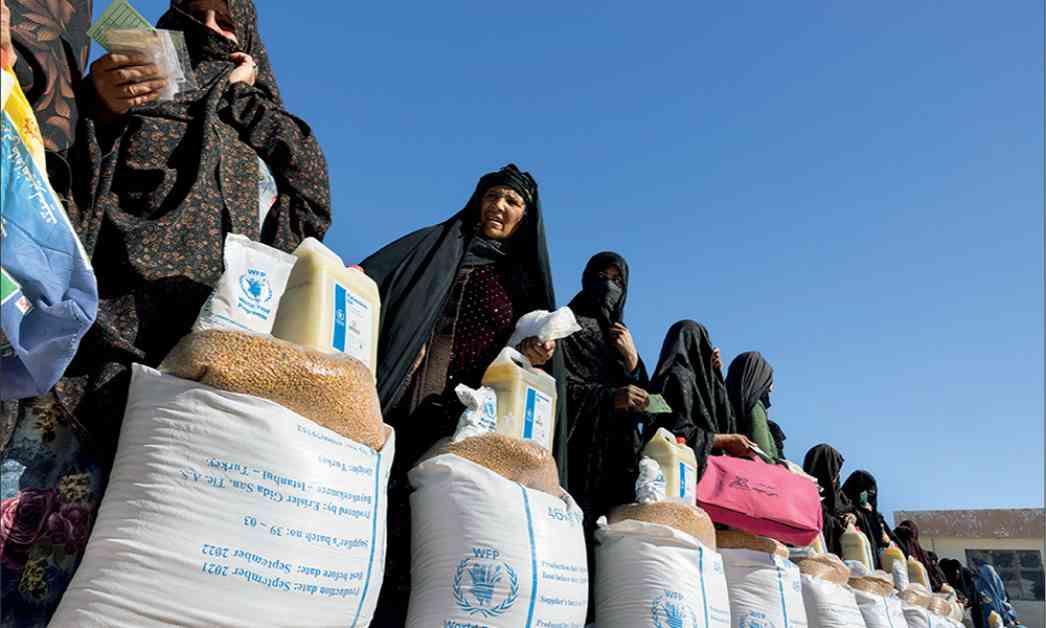As of mid-June, the 2024 Afghanistan Humanitarian Needs and Response Plan (HNRP) is facing a significant funding shortfall, with only $615.7 million received out of the initial request, representing just 20.1% of the total amount needed. This lack of funding comes at a critical time when Afghanistan is dealing with severe humanitarian crises, including food insecurity, malnutrition, displacement, explosive ordnance contamination, natural disasters, disease outbreaks, and the effects of climate change.
The situation is made worse by the political situation in the country, with De-facto Authorities (DfA) imposing restrictive policies since August 2021, particularly affecting the rights of women and girls. These restrictions have made it difficult for people to access assistance and services, as well as limiting their participation in public life. The country’s long history of war and poverty has only added to these challenges, emphasizing the urgent need for immediate and long-term interventions to maintain essential infrastructure like schools, hospitals, and water systems.
Recent natural disasters, including droughts, floods, and earthquakes, have further worsened the crisis in Afghanistan. Thousands of people have been affected, with many families living in makeshift shelters and struggling to access basic necessities. Additionally, the return of Afghan refugees from Pakistan has put a strain on host communities, making the situation even more precarious.
The overall funding gap for Afghanistan’s humanitarian response currently stands at around $2.45 billion, with critical gaps amounting to $1.1 billion. This lack of funding has already had serious consequences, with millions of people unable to access healthcare services, children and pregnant women missing out on essential nutrition services, and thousands of people left without resources to address diseases like acute watery diarrhea and cholera.
Without additional funding, vital life-saving programs are at risk of being reduced or closed, including healthcare services in remote areas, treatment for malnourished children, psychosocial support for children, mine action, food assistance, and support for women and girls during crises. The lack of funding also hinders efforts to address safeguarding issues like sexual exploitation and abuse, as well as inclusive programming for women, girls, and people with disabilities.
In order to address these critical funding gaps and support humanitarian efforts in Afghanistan, donors are urged to provide early, unrestricted, and multi-year predictable funding. It is also essential for donors to engage with De-facto Authorities to build trust and create a more supportive environment for humanitarian work.
By raising awareness of the funding challenges facing Afghanistan’s humanitarian response, we can work towards ensuring that essential services reach those in need and prevent further suffering in the country. Donors and international partners must step up their support to prevent a worsening of the situation and provide hope for a better future for the people of Afghanistan.


